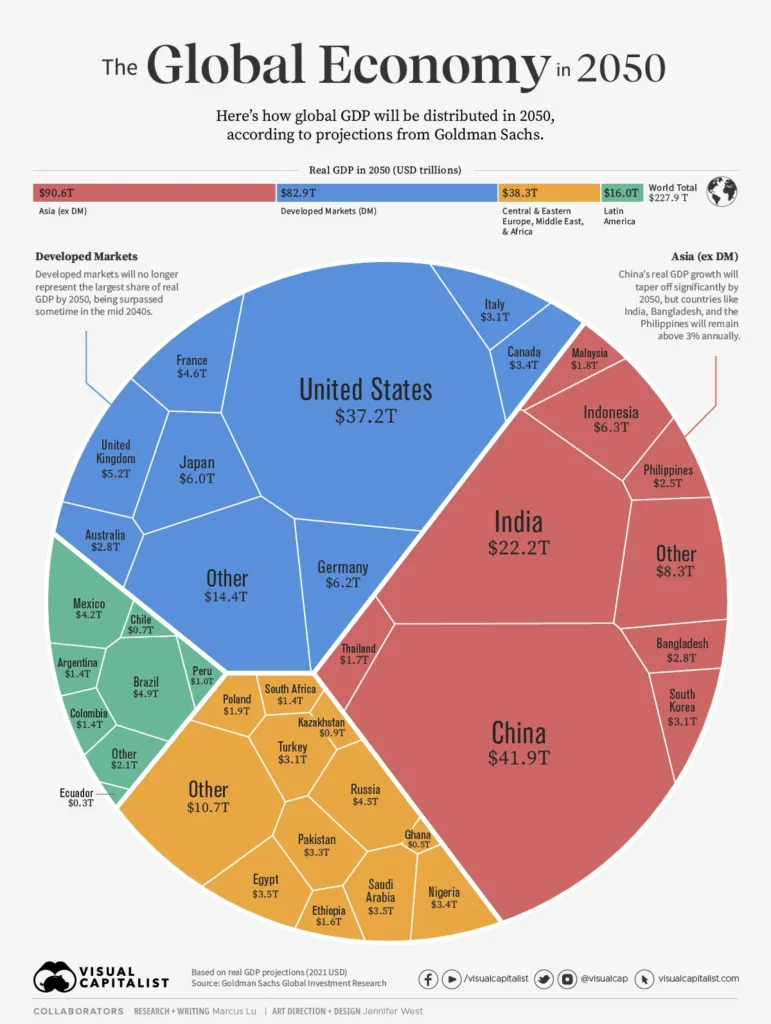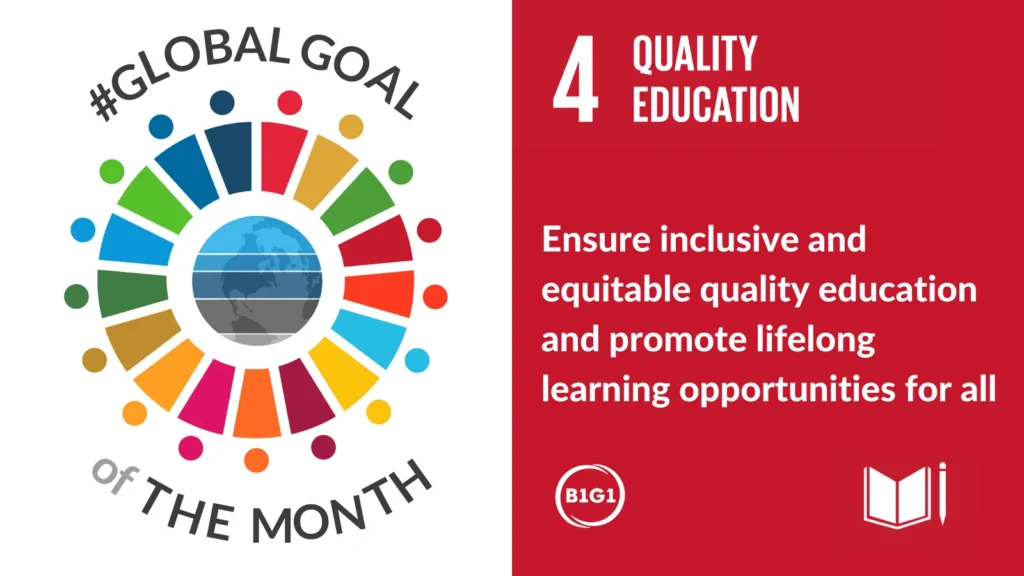Food security is a pressing global issue that is increasingly influenced by the dual challenges of conflict and climate change. As we move into 2024, understanding the intricate relationship between these factors is crucial for developing effective strategies to ensure a stable food supply.
The Impact of Armed Conflicts on Agricultural Production
Armed conflicts disrupt agricultural production by displacing farmers, destroying infrastructure, and limiting access to markets. In regions where violence is prevalent, the ability to cultivate land diminishes significantly. Farmers may abandon their fields due to safety concerns, leading to reduced crop yields and food shortages.
Moreover, conflicts often result in the destruction of irrigation systems and transportation networks, further exacerbating food insecurity. The loss of agricultural productivity not only affects local communities but can also have ripple effects on national and global food supply chains.
Climate Change: A Growing Threat to Food Security
Climate change poses a significant threat to food security by altering weather patterns, increasing the frequency of extreme weather events, and affecting crop viability. Rising temperatures and unpredictable rainfall can lead to droughts or floods, which devastate harvests and reduce food availability.
Additionally, climate change impacts the nutritional quality of food, as higher CO2 levels can decrease the levels of essential nutrients in staple crops. This dual threat of quantity and quality underscores the urgent need for adaptive agricultural practices to mitigate these effects.
The Role of International Aid in Conflict Zones
International aid plays a critical role in addressing food insecurity in conflict-affected areas. Humanitarian organizations often provide emergency food assistance, medical care, and support for rebuilding agricultural systems. However, the effectiveness of aid can be hampered by ongoing violence and logistical challenges.
In many cases, aid must navigate complex political landscapes, where access to affected populations is restricted. Ensuring that aid reaches those in need requires collaboration between governments, NGOs, and local communities to create safe corridors for food distribution.
Climate Resilience in Agriculture
Building climate resilience in agriculture is essential for safeguarding food security. This involves adopting sustainable farming practices, such as crop rotation, agroforestry, and the use of drought-resistant crop varieties. These methods can enhance soil health and improve yields, even in the face of climate challenges.
Investing in research and development of climate-smart agriculture is crucial for equipping farmers with the tools they need to adapt. Governments and organizations must prioritize funding for initiatives that promote resilience and sustainability in food production systems.
The Interconnection Between Conflict and Climate Change
The relationship between conflict and climate change is complex and often cyclical. Climate-induced resource scarcity, such as water and arable land, can exacerbate tensions and lead to conflict. Conversely, ongoing conflicts can hinder efforts to address climate change, as resources are diverted to military spending rather than environmental protection.
Understanding this interconnection is vital for policymakers. Strategies that address both conflict resolution and climate adaptation can create a more stable environment for food production and distribution.
Food Supply Chain Disruptions
Disruptions in food supply chains due to conflict and climate change can lead to significant price volatility and food shortages. Transportation routes may be compromised by violence or natural disasters, making it difficult to move food from production areas to consumers.
These disruptions can have global implications, as interconnected supply chains mean that local shortages can affect international markets. Ensuring the resilience of food supply chains is essential for maintaining food security in an increasingly unpredictable world.
Policy Responses to Enhance Food Security
Effective policy responses are crucial for enhancing food security in the face of conflict and climate change. Governments must prioritize agricultural policies that promote sustainability, resilience, and equitable access to resources. This includes investing in infrastructure, providing financial support to farmers, and implementing social safety nets for vulnerable populations.
International cooperation is also essential, as food security is a global challenge that requires collective action. Collaborative efforts can lead to the sharing of best practices and resources, ultimately strengthening food systems worldwide.
The Future of Food Security: Innovations and Solutions
Innovations in technology and sustainable practices offer promising solutions to the challenges of food security. Advances in precision agriculture, biotechnology, and data analytics can help optimize




